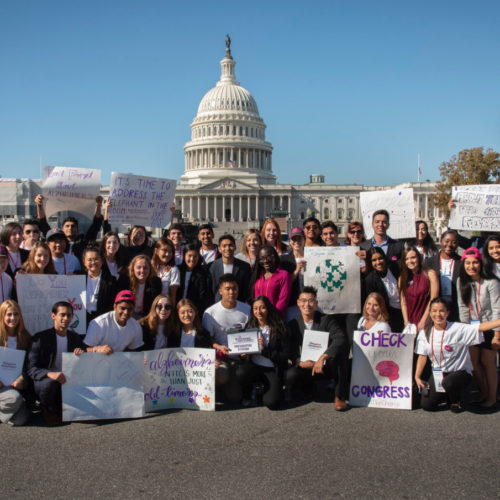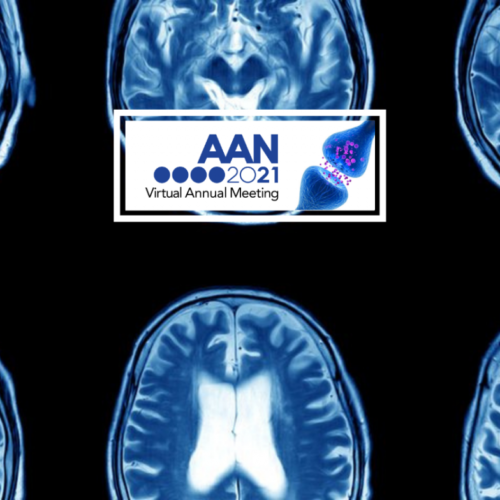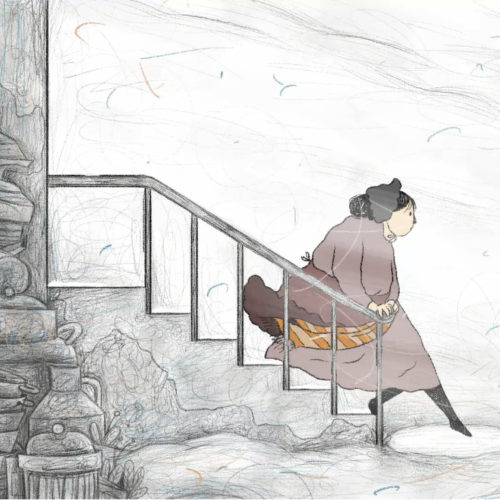LX1001, a gene therapy for Alzheimer’s disease being developed by Lexeo Therapeutics, has been granted fast track designation by the U.S. Food and Drug Administration (FDA). The therapy is designed to deliver a version of the APOE gene, called APOE2, to cells in the central nervous system (the brain and spinal cord) using an engineered…
Author: Chris
#AANAM – Nuplazid Not Linked to Side Effects Common to Antipsychotics
Acadia Pharmaceuticals’ Nuplazid (pimavanserin) — which is being evaluated as a potential treatment for hallucinations and delusions associated with dementia-related psychosis — is not associated with common motor side effects of conventional antipsychotics, according to an analysis of data from three clinical trials. These findings add to previous Phase 3 trial results showing that the…
Movement Gets Youth Involved in Alzheimer’s Advocacy, Education
Alzheimer’s disease is not often seen among those younger than 65, but the Youth Movement Against Alzheimer’s is getting young people involved with the neurological disorder through volunteer work, education, and advocacy. While they aren’t typically affected themselves, young people often are left caring for a family member with the disease. They’re also indirectly burdened…
#AANAM – EMBARK Trial to Again Test Safety, Efficacy of Aducanumab
A new Phase 3 clinical trial, called EMBARK, will evaluate the long-term safety and efficacy of aducanumab (BIIB037), an investigational therapy for Alzheimer’s disease in patients who took part in its previous clinical studies. The trial’s design was described by Carmen Castrillo-Viguera, a medical director at Biogen, in the poster “EMBARK: A Phase 3b, Open-Label, Single-Arm, Safety…
#AANAM – Lecanemab Safely, Quickly Lowers Amyloid Clumps in Trial
Eisai and Biogen’s experimental therapy lecanemab (BAN2401) safely leads to rapid and sustained reductions in the brain levels of beta-amyloid — the protein that forms toxic clumps in Alzheimer’s — in people in early disease stages, according to one-year, preliminary data from a Phase 2 trial’s ongoing extension phase. Notably, greater beta-amyloid drops were observed in…
Greater Support for Dementia Patients Needed Across Europe, Report Says
Despite minor improvements in recent years, the availability of care for people with dementia in Europe is largely inadequate, according to a new report. The report, “Dementia Monitor 2020,” was published by Alzheimer Europe, an organization that campaigns to ensure that Alzheimer’s disease and dementia are treated as public health and research priorities in Europe.…
Safety Seen in Trial of Oral Treatment, Anavex 2-73, for Early Alzheimer’s
Following a positive review of preliminary data, an independent board recommended the Phase 2b/3 study investigating oral Anavex 2-73 (blarcamesine) in people with early Alzheimer’s disease continue without modification. As specified in trial protocol, the Independent Data Safety Monitoring Board (DSMB) — used in ongoing clinical trials to protect patients and the integrity of study data — reviewed interim…
GV1001 Treatment Shows Promise for Moderate to Severe Alzheimer’s
Six months of treatment with GemVax & KAEL’s investigational GV1001 provided benefits in the cognition and daily life activities of adults with moderate to severe Alzheimer’s disease, who take Aricept (donepezil) for dementia, according to data from a Phase 2 clinical trial. The results were published in an article, “Efficacy and safety of GV1001 in…
Effects of War, Dementia Animated in Short Film ‘Winter Memories’
Zahra Kababian had a special bond with her father, and even though he died suddenly 10 years ago, it’s the memories they shared that keeps him alive in her heart. It was those memories and his diagnosis of Alzheimer’s disease that inspired her animated short film, “Winter Memories,” which depicts an older woman with Alzheimer’s…
FDA Rejects Nuplazid to Treat Dementia-related Psychosis
The U.S. Food and Drug Administration (FDA) has rejected Acadia Pharmaceuticals’ request that Nuplazid (pimavanserin) be the first approved treatment of hallucinations and delusions associated with dementia-related psychosis. The decision comes less than nine months since the agency agreed to review the company’s supplemental new drug application, and a month after it announced “deficiencies” that had to be resolved…











